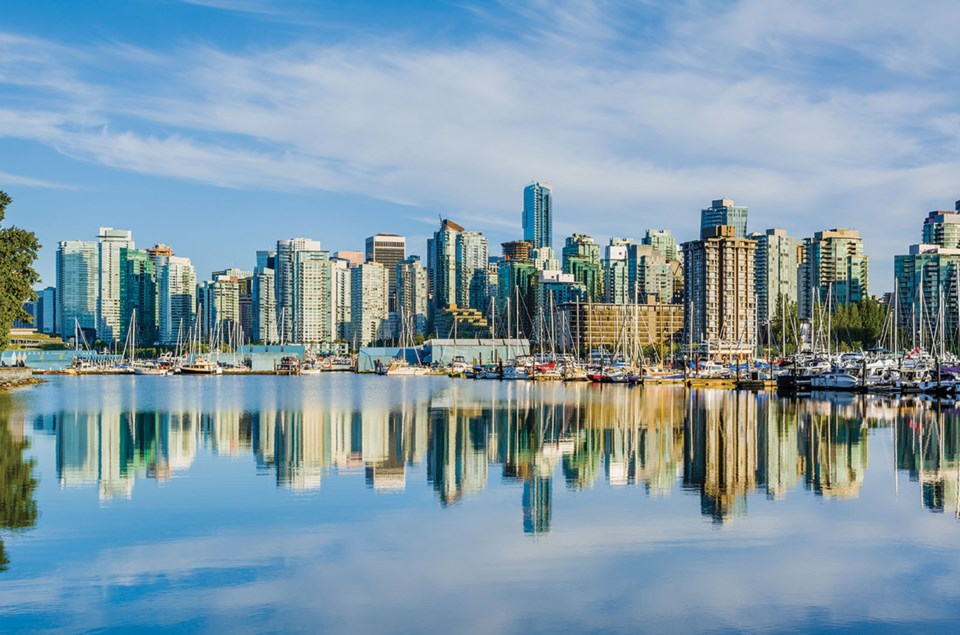The 3,600-member Squamish Nation in Vancouver has just approved development of an 11.7-acre site it owns near downtown Vancouver in a joint venture with a private developer. The First Nation figures the mixed-use project could generate from $10 billion to $20 billion over the next few decades.
Such is the transformative power of real estate.
In the commercial real estate sector, the dollar volume of transactions in the three biggest cities in Western Canada totalled more than $10 billion last year, and 2019 was considered a relatively flat market.
According to data compiled from Statistics Canada by Better Dwelling, sales of real estate across the country in the third quarter of 2019 alone reached $252 billion, $6.6 billion more than in the same period a year earlier. And here is the kicker: real estate sales accounted for more than half the value (51.5 per cent) of Canada’s total gross domestic product in the third quarter of 2019. During the past year, real estate transactions were the equivalent of nearly a quarter of all industry cash flow in the entire country.
Since Western Investor is the largest commercial real estate publication in Western Canada, we naturally applaud the growth of the real estate sector, but its overwhelming strength is also a bit frightening.
Selling “beds and sheds” in the residential and industrial real estate sector now creates more wealth than selling oil or ore, cattle or timber. This is neither sustainable nor desirable.
Canada’s leaders have to awaken to the fact that real estate’s muscle can’t do all the heavy lifting in the economy.
In a country blessed with envious natural resources, a solid financial infrastructure, outstanding educational attainment, record levels of immigration and the opportunity to trade with the world, real estate should be on the fourth or fifth line in GDP performance, not the dominant player in the game.
Our society should be thankful for real estate’s tenacity.
Over the past few years federal, provincial and municipal leaders have tried their best to strangle the property market as they have so successfully done with the petroleum and cannabis industries. The real estate sector has battled such policies as the highest foreign-buyer tax in the world, punitive commercial property taxes and restrictive delays on multi-family rental development.
In too many Canadian cities the biggest growth, aside from real estate, is now in government spending, public employment and taxation income.
We don’t want real estate to be No. 1 anymore: it should be a prosperous but minor byproduct of a thriving national economy. We look forward, someday, to reporting on that.



